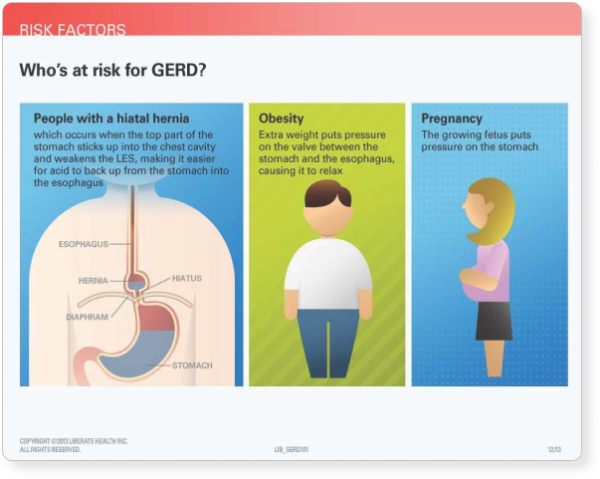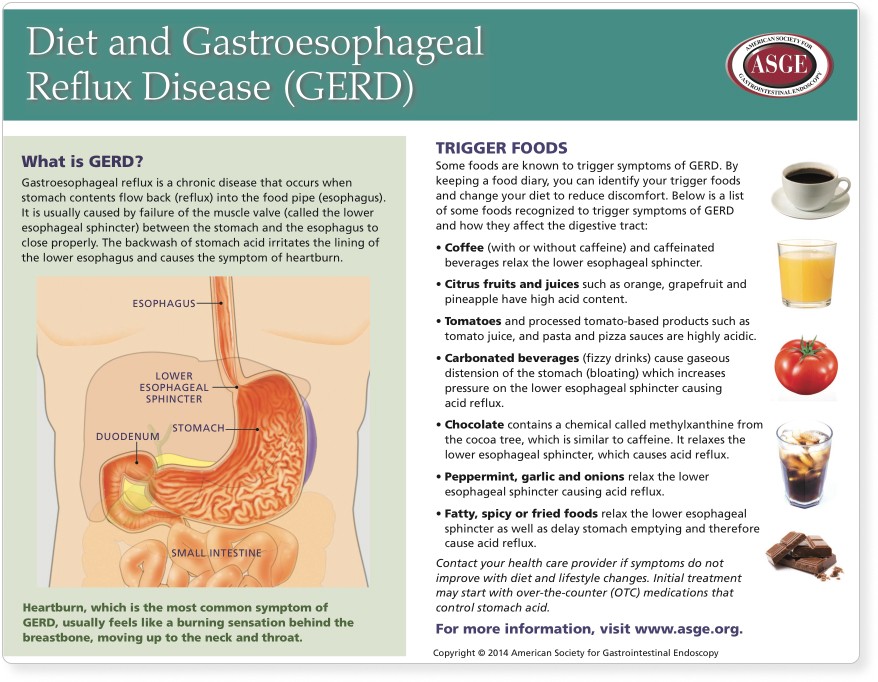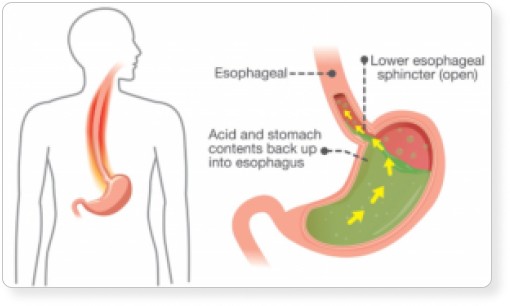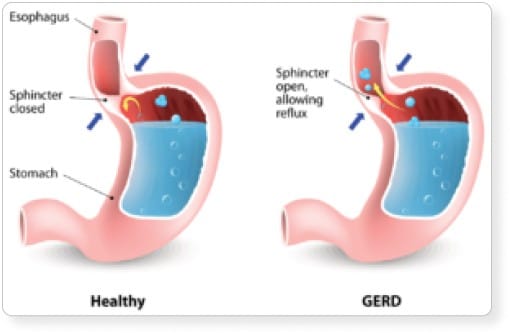What is Acid Reflux? (GERD)
Acid Reflux (GERD) – Gastroesophageal reflux happens when the stomach contents come back up into your esophagus. Furthermore, the stomach acid that touches the lining of the esophagus can cause heartburn. However, it also referred to as acid indigestion.
Who is a Candidate for Acid Reflux (GERD) Treatment?
Acid Indigestion
Reflux
Acid Regurgitation
Heartburn
Do You Suffer from Acid Reflux?
Indeed, acid reflux can have a profound effect on your daily life. Additionally, from the foods, you can or can not eat. Further, the way you sleep, or general burning and discomfort throughout the day.
What is GERD?
Firstly, GERD is a gastroesophageal reflux disease.
What is the difference between GER and GERD?
Secondly, GERD is a more serious and long-lasting form of GER.
How common is it?
Thirdly GERD affects about 20 percent of the U.S. population.
Who is More Likely to Have GERD?
Certainly, anyone can develop GERD, some for unknown reasons. Although, You are more likely to have GERD if you are
Higher Weight
A Pregnant Woman
Taking Certain Medicines
A Smoker or Regularly Exposed to Secondhand Smoke
Risks of Acid Reflux (GERD)
Esophagitis
Esophageal Stricture
Barrett’s Esophagus
Esophagitis is inflammation in the esophagus. While adults who have chronic esophagitis over many years are more likely to develop precancerous changes in the esophagus.
An esophageal stricture happens when your esophagus becomes too narrow. Whereas, esophageal strictures can lead to problems with swallowing in food passage.
Moreover, GERD can sometimes cause Barrett’s esophagus. In particular, A small number of people with Barrett’s esophagus develop a rare. Yet often a deadly type of cancer of the esophagus.
Respiratory Problems
With GERD you might breathe stomach acid into your lungs. Then the stomach acid can then irritate your throat and lungs, causing respiratory problems, such as:

- A dry, long-lasting cough or a sore throat.
- Hoarseness – the partial loss of your voice.
- Chest congestion, or extra fluid in your lungs.
- Wheezing – a high-pitched whistling sound when you breathe.
- Pneumonia – an infection in one or both of your lungs that keeps coming back.
- Laryngitis – the swelling of your voice box that can lead to a short-term loss of your voice.
- Asthma – a long-lasting disease in your lungs that makes you extra sensitive to things that you’re allergic to.
Regardless, if you experience GERD symptoms, consult with a gastrologist about how to prevent or treat long-term problems.
What are the Symptoms of GER and GERD?
If you have gastroesophageal reflux (GER), you may taste food or stomach acid in the back of your mouth. Likewise, the most common symptom of gastroesophageal reflux disease (GERD) is regular heartburn. A painful, burning feeling in the middle of your chest, behind your breastbone, and in the middle of your abdomen. However, not all adults with GERD have heartburn. Other common GERD Symptoms include:
- Nausea.
- Vomiting.
- The wearing away of your teeth.
- Problems swallowing or painful swallowing.
- Bad breath.
- Respiratory problems.
- Pain in your chest or the upper part of your abdomen.

Risks of Acid Reflux (GERD)
GER and GERD happen when your lower esophageal sphincter becomes weak or relaxes. In reality, it shouldn’t, causing stomach contents to rise into the esophagus. The lower esophageal sphincter becomes weak or relaxes due to certain things. Increased pressure on your abdomen from being higher weight, or pregnant certain medicines, including:

- Painkillers.
- Smoking, or inhaling secondhand smoke.
- Sedatives – medicines that help put you to sleep.
- Antidepressants —medicines that treat depression.
- Antihistamines – medicines that treat allergy symptoms.
- Calcium channel blockers – medicines that treat high blood pressure.
- Those that doctors use to treat asthma. A long-lasting disease in your lungs that makes you extra sensitive to things that you are allergic to.
- A hiatal hernia can also cause GERD. Hiatal hernia is a condition in which the opening in the diaphragm. Thus, it makes the upper part of the stomach move up into the chest. That lowers the pressure in the esophageal sphincter.
When to Seek Doctor’s Help?
You should see a doctor if you have persistent GER symptoms. And do not get better with over-the-counter medications or changes in your diet. Call a doctor right away if you:

- Vomit in large amounts.
- Have problems breathing after vomiting.
- Have a regular projectile, or forceful, vomiting.
- Have pain in the mouth or throat when you eat.
- Have problems swallowing or painful swallowing.
- Vomit fluid that is( green or yellow, looks like coffee grounds, and contains blood).
How do Doctors Diagnose GER/GERD?
In most cases, your doctor diagnoses gastroesophageal reflux (GER) by reviewing your symptoms and medical history. If your symptoms don’t improve with lifestyle changes and medications, you may need testing. If your GER symptoms don’t improve, if they come back frequently, or if you have trouble swallowing. Your doctor may recommend testing you for gastroesophageal reflux disease (GERD).
What Tests do Doctors Use to Diagnose GERD?
Several tests can help a doctor diagnose GERD. Your doctor may order more than one test to make a diagnosis.
UPPER GI ENDOSCOPY
The doctor uses an endoscope (a flexible narrow camera) to see inside your upper GI tract. This procedure takes place at a hospital or an outpatient center.
UPPER GI SERIES
The doctor uses an X-Ray and looks at the shape of your upper GI tract and can find problems related to GERD, such as hiatal hernia esophageal strictures ulcers.
PH MONITORING
The doctor uses an endoscope (a flexible narrow camera) to see inside your upper GI tract. This procedure takes place at a hospital or an outpatient center.
ESOPHAGEAL MANOMETRY
The doctor measures muscle contractions in your esophagus. We recommend this procedure if you are thinking about anti-reflux surgery.
BRAVO WIRELESS ESOPHAGEAL PH MONITORING
The doctor temporarily attaches a small capsule to the wall of your esophagus during an upper endoscopy. Bravo wireless esophageal pH monitoring also measures and records the pH in your esophagus to determine if you have GERD.






